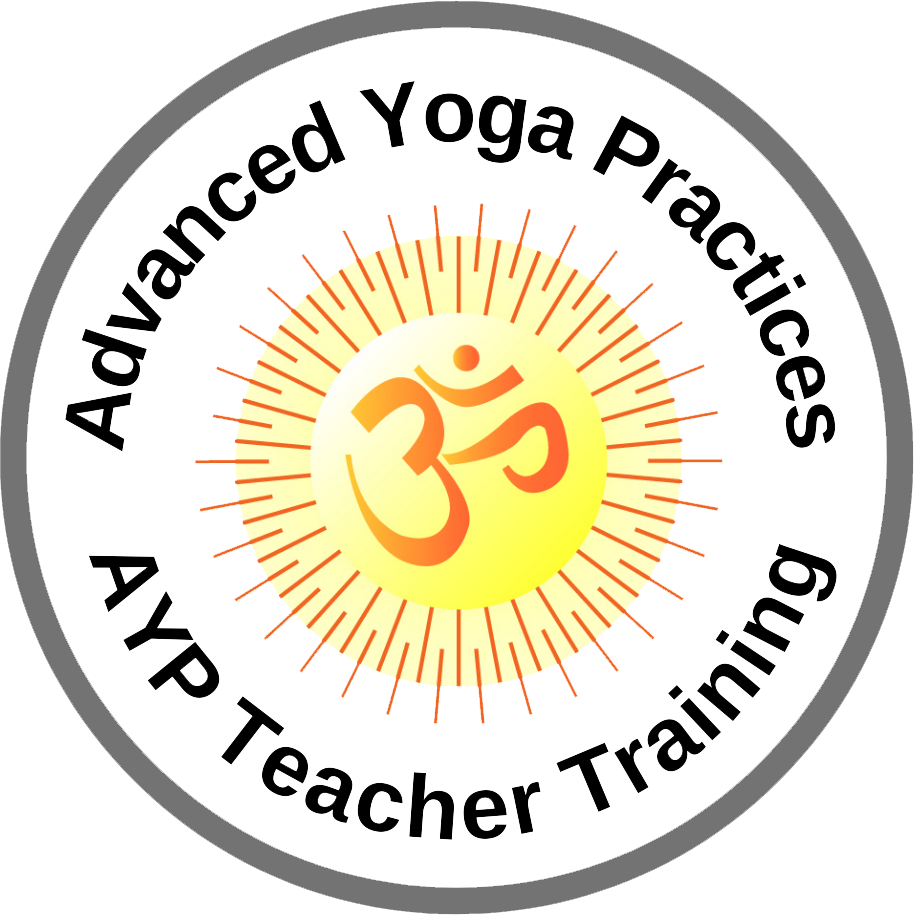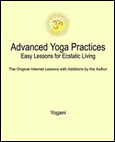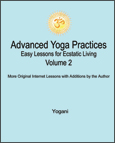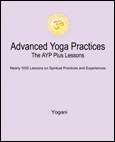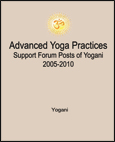|
Public Home | Plus Home | Main Lessons | Tantra Lessons | Public Forum | Plus Forum | Downloads | Books Topic Paths | Search | Training-Retreats | Testimonials | Survey | Interviews | MultiMedia | Contact | Donate |
|
Advanced Yoga Practices Note: For the Original Internet Lessons with additions, see the AYP Easy Lessons Books. For the Expanded and Interactive Internet Lessons, AYP Online Books, Audiobooks and more, see AYP Plus. Lesson 393 - On Self-Defense and Forgiveness (Audio)
AYP Plus Additions:
From: Yogani New Visitors: It is recommended you read from the beginning of the archive, as previous lessons are prerequisite to this one. The first lesson is, "Why This Discussion?"
A: Self-defense is appropriate in many cases, and in the ideal situation it will produce a positive karmic outcome, where all involved will move forward spiritually. Revenge is not self-defense. It is aggression, and will lead to complications. It all depends on our spiritual condition. We will act as we must, according to our awareness. The trick is to expand our awareness, which will elevate all of our actions to a higher level of morality. In truth, no one is injured, for ultimately we are beyond events occurring in time and space. We are pure bliss consciousness. As we advance in practices and on our path, we find this as direct experience, and act accordingly. On the other hand, current perception is 100% of our reality, and we must live from where we are. In that case, some common sense can help keep us out of the ditch paying attention to the basic precepts of yama (restraints) and niyama (observances), and to the laws of the land wherever we are living. It is certain that acting with personal intent to injure others will injure us, just as breaking the law of the land will lead to unwanted consequences in life. So it makes sense to keep this in mind. If someone is harming you, it is reasonable to protect yourself, and take steps to prevent repeat injury from the same source in the future. However, it is not in your best interest to attempt to injure the other for revenge. That kind of "justice" is fleeting, and will only lead to further cycles of injury to you and others. Prudent self-defense and forgiveness make good partners. "I love you and forgive you, but will not permit you to do that" is the way to handle those who are prone to inflict injury on others. It may mean exiting a relationship altogether, with no hard feelings. Actions performed on that basis are not personal. They are divine flow. But we may find anger mixed in, so it is good to pause to consider the consequences of our actions before moving ahead. Moderation is the prudent course, but no one is required to be a doormat. We have a choice, and the high road is always available to us. Increasing moral conduct and the ability to forgive (let go) are symptoms of rising inner silence resulting from deep meditation. These actions then become extensions of our spiritual practice, moving from inner silence outward. So too is asking forgiveness and making amends for injuries we have caused to others. We will be able to forgive ourselves, which is the first step in forgiving others. These things occur naturally as inner silence comes to reside in us, as we come to know ourselves to be an expression of That. This coincides with a transformation of the expression of our karma to an ecstatic balancing of all things in our life, and no longer can anyone or anything harm us. Before then, we will be wise to pay attention to the codes of conduct that exist in our spiritual tradition and culture. They are there for a reason, to protect us from our wavering humanity, until we have grown up spiritually. And we shall. It is written in the stars, and in our DNA. The most important thing is to keep meditating daily. Then stillness in action is being cultivated into our life, ever flowing and ever untouched. This is the ultimate form of self-defense, and includes our ability to forgive and make amends from the deepest level within us. Then these choices become easy, because we will know through direct perception what is the high road and what is not. We can feel it strongly in our heart, and in our bones. No one will have to tell us. Inner guidance in stillness far-surpasses all outside guidance, because it is in our inner nature to know the truth, to live the truth. So cultivate abiding inner silence and see for yourself how the answers come from within. Choose your course wisely, practice daily, and enjoy! The guru is in you. Discuss this Lesson in the AYP Plus Support Forum Note: For detailed discussion on the illumination of our action and the transformation of our karma, see the Bhakti and Karma Yoga book, and AYP Plus. |
|
|
|
Join the Mail List:
AYP Retreats
eBooks - PDF, EPUB
FREE eBooks with
SAVE with Bundled
|







